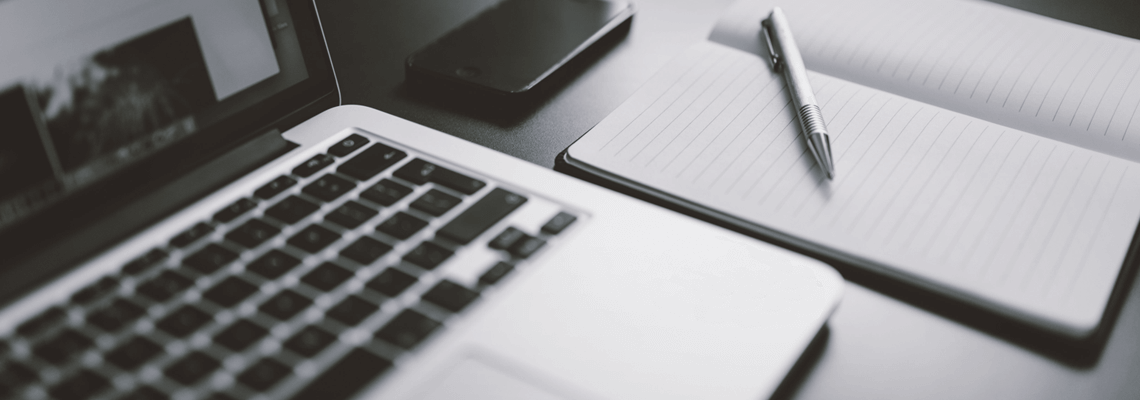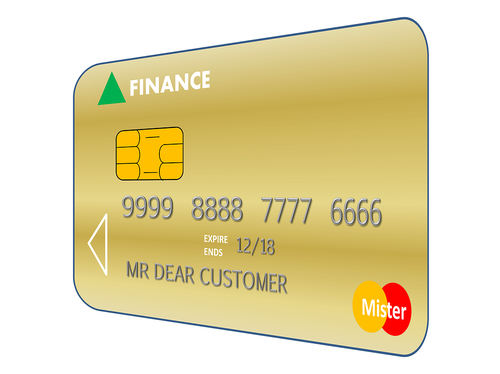
CREDIT CARDS OR LOAN BALANCES: A DEBT LAWYER’S PERSPECTIVE
 If you are like the average consumer, there are at least a couple of credit cards with active balances. You also have a car loan and a personal loan in the mix. After deciding that reworking the budget and paying off those debts is a priority, the next question is which you should tackle first. Here are some compelling reasons to start with the credit card debt and then move on to the installment loans.
If you are like the average consumer, there are at least a couple of credit cards with active balances. You also have a car loan and a personal loan in the mix. After deciding that reworking the budget and paying off those debts is a priority, the next question is which you should tackle first. Here are some compelling reasons to start with the credit card debt and then move on to the installment loans.
Checking Those Interest Rates
Take a good look at the interest rates and other fees you currently pay on those credit card balances. How do they compare to the rate you’re paying on those loans? Assuming you have decent credit, the rates on your cards are likely higher. Choosing to pay off those balances first will actually save you money in the long run. That’s especially true if you can refrain from running up new balances once the debts are paid.
Boosting Your Credit Rating
Credit cards and loans both influence your credit rating. What you may not know is that the open balances on those cards do make quite a difference. As you focus on paying off one and then the next credit card, your debt to income ratio will improve. The major credit reporting agencies will look with favor on the fact that your credit card utilization is dropping. As a result, your credit score will improve.
Enjoying the Tax Benefits
Depending on the types of loans you currently have, there may be some tax benefits associated with them. This is especially true if you have a mortgage or some other type of home related loan. The same can’t be said for the balances on your credit cards. All they are doing is earning more money for the card issuer.
Avoiding Annual Fees
In the past, your credit was not the best. At that time, you obtained a credit card with an interest rate that was not too bad, but it did come with an annual fee. Pay off the card as quickly as you can and cancel it. You won’t miss the card or that increasingly cumbersome fee.
Simplifying Your Budget
The household budget will be considerably easier to manage without the credit card debt. Every card with an open balance is one more variable line item that you have to watch. By contrast, you know exactly what you have to pay on each of those loans every month. Paying off the cards one at a time means you get rid of those extra line items and simplify your budget.
Building Your Savings
Wouldn’t it be nice to have some money to put into savings each month? You can get started with that project a little sooner if you pay off those credit cards. Focus on the card with the highest rate first. Once it’s out of the way, divert the cash to settling the balance on the next card in line. Once all the cards are paid in full, you’ll have money every month to place in your savings account.
While you pay off the cards and build up your savings, keep making payments on those loans. Once you have at least six months of living capital in your account, you can think about doubling up on the loan payments. The dual approach of eliminating credit card debt and having a solid financial reserve will come in handy if you are out of work for an extended period.
Credit is great for emergencies, but it can get out of hand quickly. Control your debt by settling those credit card balances as quickly as possible. Once they are settled, commit to paying off any new charges each month. Doing so will allow you to avoid accumulating service fees and free more of your income for more important things.
If your situation is too complex or out of hand and you need help, a debt lawyer may be needed. Debt lawyers deal with credit issues, bankruptcies, foreclosures and more. Contact John Pytte are Georgia Debt Relief now with your indebtedness questions.